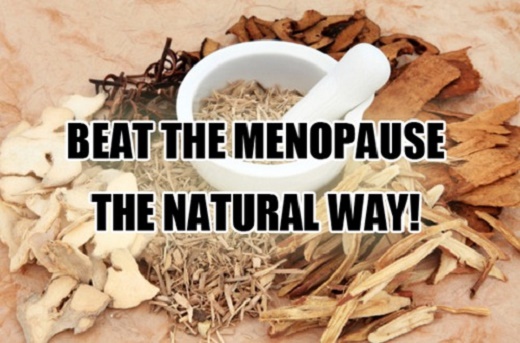 A woman's ovaries produce three different hormones- oestrogen, progesterone and testosterone- which all play an important role in menstruation, ovulation and pregnancy. During the menopausal transition, the ovaries' production of oestrogen and progesterone begins to fluctuate and ultimately declines, ceasing at menopause. This period of change can last several years and is referred to as peri-menopause.
A woman's ovaries produce three different hormones- oestrogen, progesterone and testosterone- which all play an important role in menstruation, ovulation and pregnancy. During the menopausal transition, the ovaries' production of oestrogen and progesterone begins to fluctuate and ultimately declines, ceasing at menopause. This period of change can last several years and is referred to as peri-menopause.
The transition through peri-menopause often presents noticeable changes that bring with them unique challenges. For most women, these changes occur gradually over several years leading up to the last menstrual period. It is during this time that menstrual symptoms will be noticed. These include:
- Hot flushes and night sweats
- Loss of libido
- Weight gain
- Hair loss
- Fatigue
- Crawling or itchy skin
- Insomnia
- Dry eyes and mucous membranes
- Headaches
- Muscle and joint pain
- Irregular menstruation
- Incontinence
- Breast pain
- Dizziness
- Mood swings (including feelings of anxiety and depression)
It's estimated that around 25% of women experience no noticeable changes during the menopausal transition, while 50% of women experience mild-moderate symptoms, and up to 25% of women will seek help for more severe menopausal symptoms.
Herbal Remedies
For centuries women in various cultures have relied on medicinal plants and herbs to address a number of health issues including menopause.
Night sweats and hot flashes: Many women find dealing with night sweats and hot flashes particularly troubling. They come on unexpectedly and may make professional and personal interactions difficult or uncomfortable. Worse still are night sweats which interrupt sleep robbing women of the rest needed to keep stress and anxiety at bay. Some women find relief through the use of blue cohosh or hawthorn.
Soy has also received attention for its ability to minimize hot flashes and night sweats; however there are some concerns about its interaction with the body's estrogen and isn't recommended for estrogen-dependent breast cancer survivors. The isoflavones in soy can also be found in other beans and are recommended for use for a maximum of two years.
Depression: Often women who are menopausal also have children who are growing up and they find their role in life altered. The changes in their body combined with those in their life naturally result in some grieving; however lasting sadness may be a sign of depression. Siberian ginseng, Ginko, Borage, and Lemon Balm have all proven effective in helping women overcome those down feelings.
Libido: The hormonal changes of menopause may lead to vaginal dryness as well as a lowered sexual drive. Aloe gel and Bayberry may help with dryness and itching while Sarsaparilla, Damiana, and Catuaba have been used by many women to restore sexual desire.
